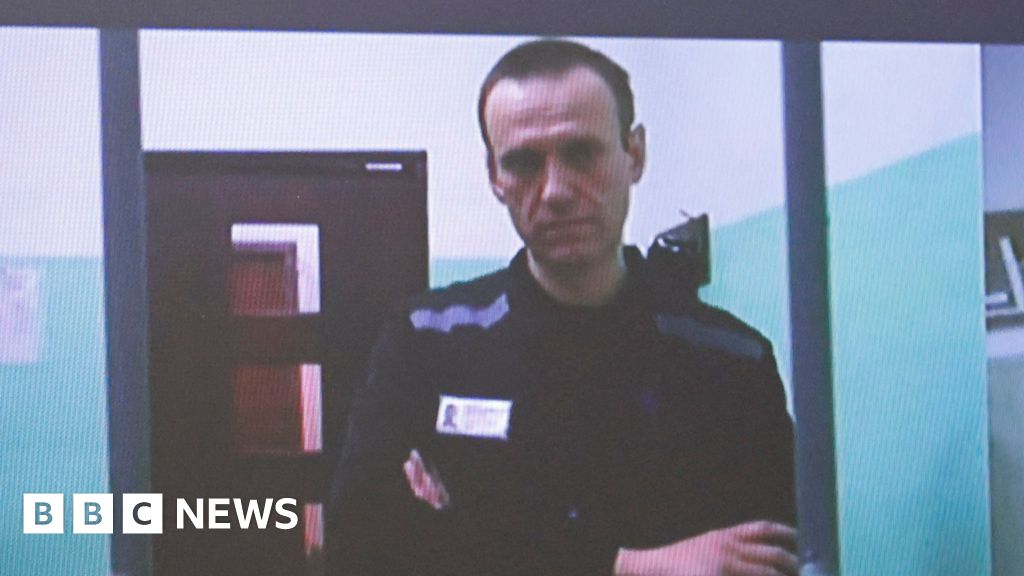
Alexei Navalny, the outspoken critic of Vladimir Putin, has been in prison since 2021 and has now been relocated to an Arctic prison known for its harsh conditions. Facing a 19-year jail term for alleged involvement in an extremist organization, Navalny, who denies these charges, assured his supporters of his well-being and urged them not to worry. However, concerns persist among his associates, with his chief of staff, Leonid Volkov, emphasizing the personal nature of his imprisonment, given his past poisoning.
Navalny's move from Melekhovo to the Arctic prison, approximately 1,200 miles northeast of Moscow, has raised alarm, especially as his team has had no contact with him since the transfer. Despite Navalny's positive messages on social media, Volkov stressed the continuous worry, considering Navalny is in the custody of those who previously attempted to assassinate him.
The United States expressed deep concern about Navalny's well-being and the conditions of his detention, welcoming reports of his location but emphasizing ongoing worries. Navalny's spokesperson, Kira Yarmysh, accused Russian authorities of isolating him and making his life challenging. His recent transfer to a remote prison adds to the narrative of political repression and safety concerns for dissidents in Russia.
Navalny's aide, Ivan Zhadov, highlighted the significance of the prison transfer, describing it as part of the system's approach to political prisoners, aiming to isolate and suppress them. The heightened concerns arose when Navalny failed to appear at several court hearings, prompting his team to express increased worry.
Navalny, known for his anti-corruption campaigns and large-scale anti-government protests, faced a dark turn when he was poisoned in Siberia in 2020. The recent developments underscore the ongoing challenges for political dissidents in Russia, and the international community remains vigilant about Navalny's safety and the broader implications for opposition figures in the country.



